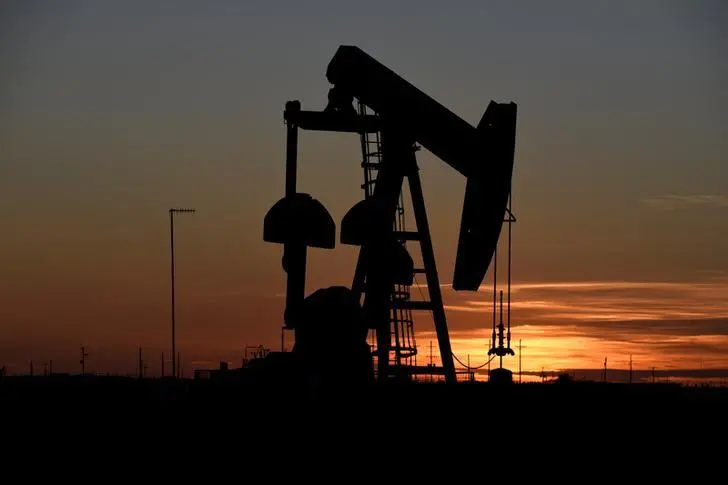PHOTO
LONDON - Oil fell on Monday, giving up an earlier gain, as a cyberattack that forced the shutdown of major fuel pipelines in the United States was countered by rising COVID-19 cases in Asia that raised demand concerns.
Colonial Pipeline said on Sunday its main fuel lines remained offline after the attack that shut the system on Friday, but some smaller lines between terminals and delivery points were now operational.
"The bullish developments in the U.S. are hiding a worrying COVID-19 trend in Asia," said Louise Dickson, analyst at Rystad Energy. "If the pipelines come back online quickly this week, the market may be in for a price correction that will make the impact of the pandemic's spread in Asia more visible."
Brent crude was down by 37 cents, or 0.5%, at $67.91 a barrel by 1410 GMT. U.S. West Texas Intermediate (WTI) crude slipped by 18 cents, or 0.3%, to $64.72. Both benchmarks rose more than 1% last week, their second consecutive weekly gain.
"If the pipelines were to remain out of action for any length of time, this would have far-reaching effects on the oil market not only in the U.S., but also in Europe," said Commerzbank analyst Carsten Fritsch.
"That said, it is currently assumed that the disruption to the pipelines will be resolved in a matter of days, so the impact should be limited."
The White House was working closely with Colonial to help it to recover. Commerce Secretary Gina Raimondo said the pipeline fix was a top priority for the Biden administration.
Brent crude has risen more than 30% this year due to supply cuts by the Organization of the Petroleum Exporting Countries and allies, known as OPEC+, and easing coronavirus movement restrictions in the United States and Europe.
But the worsening pandemic developments in Asia have weighed. Indian coronavirus infections and deaths held close to record daily highs on Monday.
(Additional reporting by Aaron Sheldrick in Tokyo and Florence Tan in Singapore; Editing by Steve Orlofsky and Pravin Char) ((alex.lawler@thomsonreuters.com; +44 207 542 4087; Reuters Messaging: alex.lawler.reuters.com@reuters.net))





















